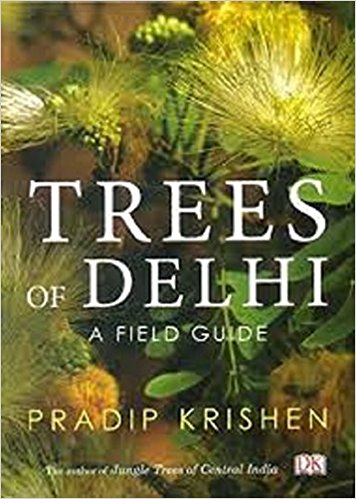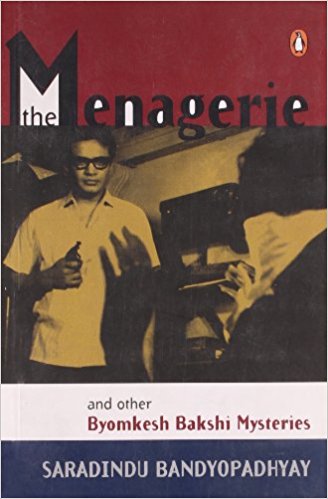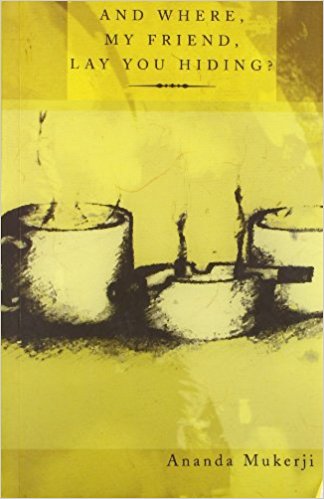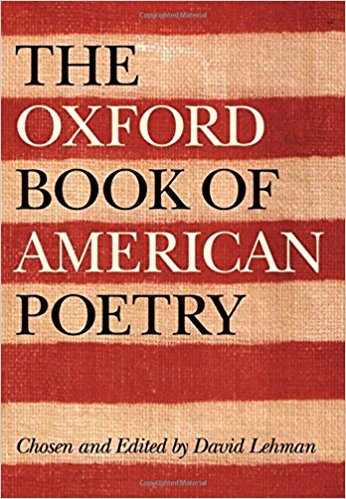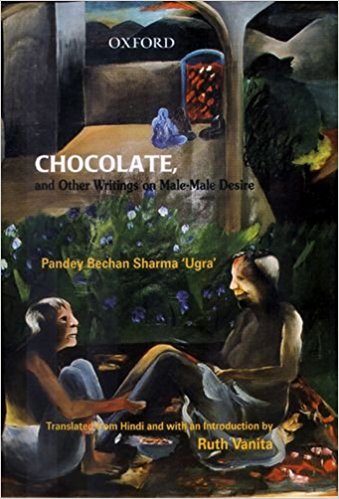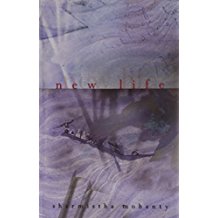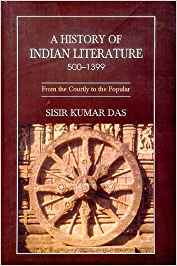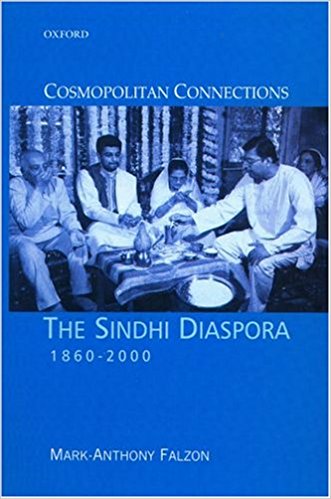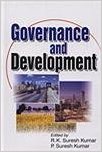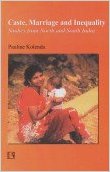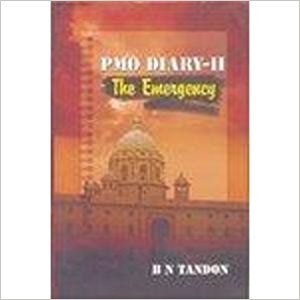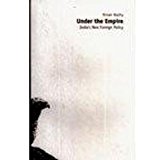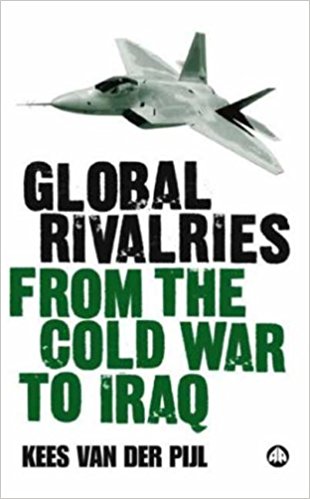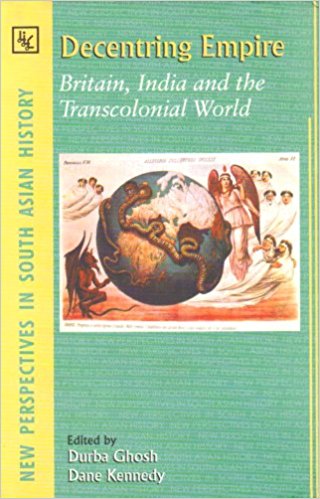Once you have lived with mountains, Under the benedictory pines And deodars, near stars And a brighter moon, With wood smoke and mist, Sweet smell of grass, dew lines On spider-spun, sun-kissed Buttercup and vine;
Archives
February 2007 . VOLUME 31, NUMBER 2Having been a tree-spotter for over a dozen years, this reviewer was growing increasingly frustrated as every new book on trees-and a fair number of glossies have been published on the subject in the last five or six years-did nothing better than re¬chronicle the semals,
Those of us who grew up in the sixties and seventies, nurtured on Bangla literature, regarded Byomkesh Bakshi as our very own Sherlock Holmes and a very convincing and effective one at that. From the same standpoint Ajit, his assistant, emerges as an equally Dr Watson.
‘Life doesn’t have a plot. We don’t know what is going to happen next year, so I let the story develop like that. I like to write it that way, as the unknown unfolds’ It is thus that Ananda Mukerji commented on the unfolding of his first novel And Where, My Friend, Lay You Hiding?
The book under review is a notable addition to the canon of literature in translation. It showcases fourteen stories of Raghbir Dhand who occupied a prominent place among the pioneer writers of the Punjabi diaspora, settled in England. His fictional world as represented in these stories offers a great range in terms of variety of themes, ideas, technique and craft.
Strangeness and surprise, endorsed by academic approval, are Lehman’s basic criteria of choice here. Realizing Americas multiplicity of taste and culture, he prefers to call the corpus ‘American poetries’ (p. viii) instead of just ‘American poetry’, and consequently offers a much wider canon than before.
There are three texts waiting to be discussed here: the ‘original’ Chaklet, a collection of eight Hindi stories written by Pandey Bechan Sharma ‘Ugra’ published in 1927 after five of them were serialized in Matvala, a Calcutta based Hindi weekly; its translation into English by Ruth Vanita titled Chocolate
2007
The East-West encounter literary genre is an axiomatic creative manifestation of our colonial/post-colonial inheritance. Both Indian English and Anglo Indian literary historiography is indelibly etched with the contours of this encounter.
It would be unfair to place the present volume of ‘A History Of Indian Literature: From The Courtly To The Popular, 500-1399’ by Sisir Kumar Das in the context of his earlier well-received, critically acclaimed, scholarly yet reader-friendly volumes covering the period 1800-1910 (Western Impact: Indian Response)
The line separating Narayan’s world from the world of Narayan’s fiction has always been a blurred one, and the viewer trying to distinguish between the two will tend to suffer from what Narayan himself inimitably called, in the autobiographical context of his tangential glimpses of his wife-to-be at the street tap, ‘a continually melting vision.
Mark-Anthony Falzon’s book on the Sindhi diaspora is an ambitious project from the standpoint of a social anthropologist. It is based on fieldwork in three places, London, Malta and Bombay.
Intellectuals and academicians pre-occupied with ‘armchair theorisation’ in past have been showing much sentisation towards the present socio-economic-political crisis coming forward with their research and academic skills to take up the challenges of development and the incarnation
The above book is a volume that has come out of a three day National seminar organised by the C.Achuta Menon Foundation , Thiruvananthapuram on 8, 9, and 10 December 2005. The volume has been deservingly dedicated to Comrade K.V.Surendranath, the founder secretary of the Foundation and whose first death anniversary took place recently.
2007
This somewhat unusual book is a biographical profile of the state of Jammu. The book is by no means a consistent historical work, a task that has been fulfilled by other historians such as L.N. Dhar, Mohan La! Kaul and many others who have written the history of Jammu and Kashmir.
This volume is a collection of 14 papers covering Uttar Pradesh and Rajasthan in the north, Maharashtra in the central and old South Travancore in south India. The papers are organized in VI parts. Part I is composed of four papers which deal with Khalapur in western Uttar Pradesh – the first two are about Chuhras during 1950s
The book under review is the second part of the two-volume publication on the emergency period (1975-1977), but it covers only the 21-month period (November 1, 1974 to July 24, 1976) with focus on the run-up to the point when the democratic set-up was demolished and a loose autocratic rule put in place which had neither any purpose
It is common to hear from both extreme left and right that contemporary Indian foreign policy is adrift of its moorings. Ninan Koshy’s book attempts to put forward the left basis for this claim. He believes a desire among India’s foreign policy establishment to attach itself to the coattails of the United States is the main cause of India’s heresy.
Kees van der Pijl is the director of the Centre of Global Political Economy at the University of Sussex. His earlier books include The Making of an Atlantic Ruling Class (1984) and Transnational Classes and International Relations (1998). He is currently working on a project entitled “Tribal and Imperial Antecedents of Contemporary Foreign Relations”.
2005 saw the publication of Forging the Raj, a collection of more than a dozen essays by Thomas R. Metcalf, now Emeritus Professor of History at the University of California, Berkeley.


